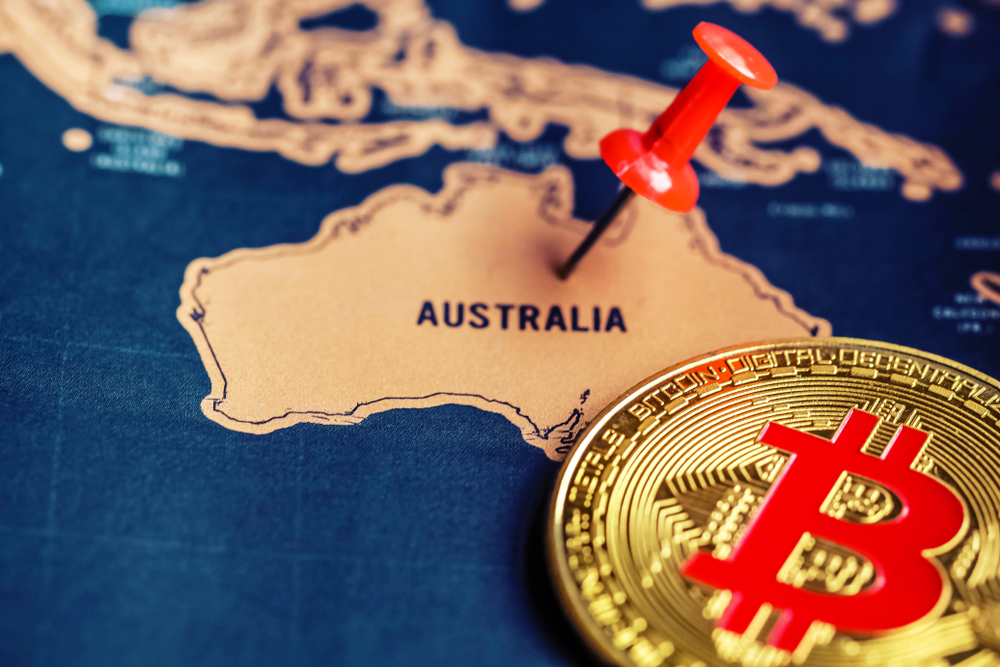Following recent statements from the Assistant Treasurer of Australia, Australian executives have cautioned against treating all digital assets as financial products.
Australia’s Assistant Treasurer Considers Crypto Financial Products
In a recent interview, Stephen Jones, Australia’s Minister for Financial Services and Assistant Treasurer, explained the current stance of the crypto regulatory framework in Australia. According to him, the country is still moving on with its “token mapping” initiative in 2023.
The initiative aims to choose which digital assets suit specific regulations. A crypto exchange executive stated that a consultation process is on the way.
Meanwhile, Jones said he does not believe policymakers need to establish a whole new set of rules for digital assets. In his opinion, crypto is a financial product and should be subject to similar laws binding other financial instruments.
“I do not wish to form an opinion before we begin the consultation process. However, my initial stance is that if something appears, sounds, and behaves like a duck, it should be considered as such,” Jones added.
Furthermore, the Assistant Treasurer said most tokens or coins are already being used as a store of value for speculation and investment. Hence, he believes that proves that cryptos are financial products.
Per local media reports, the Australian securities regulator, ASIC, and Commonwealth Bank support the regulation of digital assets as financial assets.
Crypto Market Participants Comment On Regulation In Australia
Still, crypto market participants have advised caution when considering a broad approach toward digital assets. In a recent interview, Michael Bacina, a digital asset and blockchain lawyer, said:
“Without a clear pathway for compliance and licensing, classifying an asset as a financial product using a broad approach could force more crypto firms to move offshore, thereby increasing risk.”
Similarly, Swyftx’s general counsel, Adam Percy, shared the same belief saying the goal is to safeguard users without using regulations to drive away well-run crypto firms.
Percy said forced regulations would force customers to use offshore platforms not subject to thorough checks and balances. Another crypto market participant, Holger Arians, Banxa CEO, argued that over-regulation might affect Australia’s role in the crypto space and plan to become a crypto hub.
The CEO of BTCMarkets, an Australian exchange firm, Caroline Bowler, cautioned against regulating with an “overly strict approach.” “This could impede Australia’s digital economy and ultimately hinder our international competitiveness over time,” Bowler added.
On the other hand, Australian watchdogs have not yet established an official crypto regulatory framework. However, the November FTX meltdown has increased the urgency for action among Australian lawmakers and global leaders.
Jones stated that the FTX saga definitively demonstrates the necessity of crypto regulation. In contrast, Australian crypto investor and entrepreneur Fred Schebesta cautioned last year that hastening the token mapping process could be detrimental to the industry.
